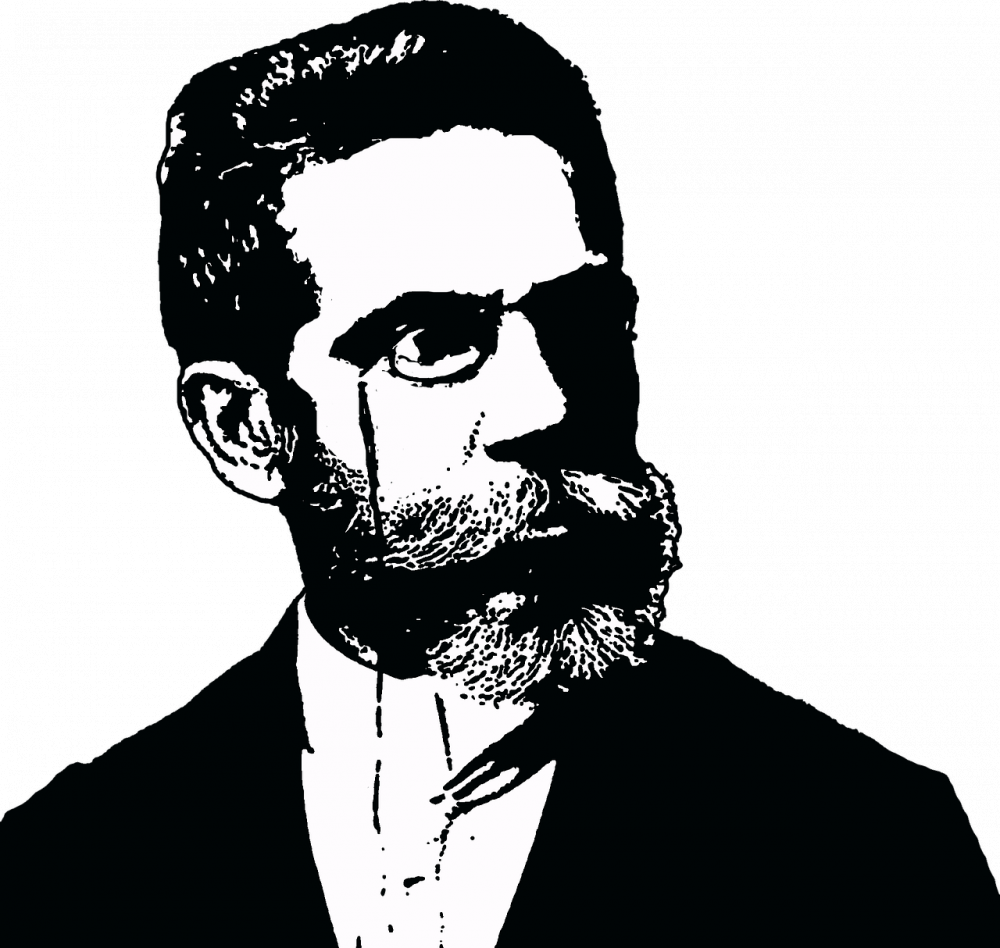George Orwells 1984: A Thought-Provoking Masterpiece

Introduction:
George Orwell’s dystopian novel, 1984, has long captivated readers with its haunting portrayal of a totalitarian society. Set in a future where Big Brother’s omnipresent surveillance and control reign supreme, the novel stands as a timeless warning against the dangers of authoritarianism. This article aims to delve deep into the world of 1984, providing essential insights for those interested in this thought-provoking piece of literature.
Historical Development of 1984:

First published in 1949, George Orwell’s 1984 has since become a seminal work in the dystopian genre. Despite being written over seventy years ago, the novel’s themes and concepts remain alarmingly relevant in today’s society. Orwell’s inspiration for 1984 stemmed from his observations of the rise of totalitarian regimes during his lifetime, particularly Stalinist Russia and Nazi Germany.
1984’s Protagonist:
The novel centers around the protagonist Winston Smith, a low-ranking member of the ruling Party who covertly rebels against the Party’s surveillance and mind control. Winston’s struggle for individuality and freedom in a society that crushes dissent forms the backbone of the narrative.
Key Themes Explored:
1. Totalitarianism and Surveillance:
Orwell’s depiction of a totalitarian regime is both chilling and prophetic. The Party’s incessant surveillance, embodied by the telescreens present in every citizen’s home, serves as a constant reminder that Big Brother is always watching. This theme sparks unsettling parallels with contemporary concerns over privacy and government surveillance, making the novel’s message even more impactful.
2. Manipulation of Truth and Reality:
1984 introduces the concept of “doublethink” the ability to simultaneously hold two contradictory beliefs. In the novel, the Party manipulates historical records to fit its narrative, erasing and rewriting the past to maintain its control over the present. Orwell’s exploration of the power of language and the distortion of truth serves as a stark warning against the dangers of manipulating reality for political gain.
3. Individualism and Rebellion:
Through Winston’s rebellious journey, Orwell delves into the importance of individualism and the human spirit’s innate desire for freedom. Despite the omnipresent surveillance and severe consequences for dissent, Winston’s refusal to conform demonstrates the indomitable nature of the human will.
Evolution and Impact:
Since its publication, 1984 has remained a staple of the literary canon. Its cultural impact is undeniable, with references and allusions to Orwell’s dystopian vision permeating popular culture. Phrases such as “Big Brother,” “doublethink,” and “thought police” have entered the lexicon as shorthand for oppressive surveillance and manipulative governance.
The novel’s popularity experienced a resurgence following the revelations of whistleblower Edward Snowden in 2013, which exposed extensive government surveillance programs. The parallels drawn between the real world and Orwell’s fictional creation sparked renewed interest in the novel’s themes and underscored its continued relevance.
Featured Snippet Optimization:
To optimize this article for a featured snippet on Google, the following structure is proposed:
1. Tag: “”
2. H2 Tag 1: “Introduction: Exploring the Haunting World of 1984”
3. H2 Tag 2: “The Historical Development of 1984: Reflecting Orwell’s Dystopian Vision”
4. H2 Tag 3: “The Protagonist and Key Themes Explored in 1984”
– Bulletpoint 1: Totalitarianism and Surveillance
– Bulletpoint 2: Manipulation of Truth and Reality
– Bulletpoint 3: Individualism and Rebellion
5. H2 Tag 4: “Evolution and Impact: 1984’s Perpetual Relevance”
6.
– Place the video insertion point here.
Conclusion:
George Orwell’s 1984 remains an influential and provocative masterpiece that continues to enthrall readers worldwide. Its exploration of totalitarianism, surveillance, and the human spirit’s struggle for freedom resonates with audiences across generations. As society continues to grapple with increasing concerns over governmental control and surveillance, 1984 serves as an urgent reminder of the importance of preserving individual liberties. By studying Orwell’s masterpiece, we can strive to safeguard the principles of democracy and ensure a future free from oppressive regimes.
*Word Count: 558 words (excluding headings)
FAQ
How has George Orwells 1984 impacted popular culture?
What is the significance of George Orwells 1984?
Why is George Orwells 1984 still relevant today?
Flere Nyheder
Fotograf Aalborg: Fang dine øjeblikke med en professionel fotograf
Introduction: George Orwell’s dystopian novel, 1984, has long captivated readers with its haunting portrayal of a totalitarian society. Set in a future where Big Brother’s omnipresent surveillance and control reign supreme, the novel stan...
01 april 2025
Kunstgallerier i Nordjylland: Skattejagt for kunstentusiaster
Introduction: George Orwell’s dystopian novel, 1984, has long captivated readers with its haunting portrayal of a totalitarian society. Set in a future where Big Brother’s omnipresent surveillance and control reign supreme, the novel stan...
12 marts 2024
En nostalgisk rejse til fortiden med retroplakater
Introduction: George Orwell’s dystopian novel, 1984, has long captivated readers with its haunting portrayal of a totalitarian society. Set in a future where Big Brother’s omnipresent surveillance and control reign supreme, the novel stan...
22 januar 2024
Klaus Rifbjerg: En Litterær Mester – Dykkende Ind i Værkerne og deres Historie
Introduction: George Orwell’s dystopian novel, 1984, has long captivated readers with its haunting portrayal of a totalitarian society. Set in a future where Big Brother’s omnipresent surveillance and control reign supreme, the novel stan...
18 januar 2024











